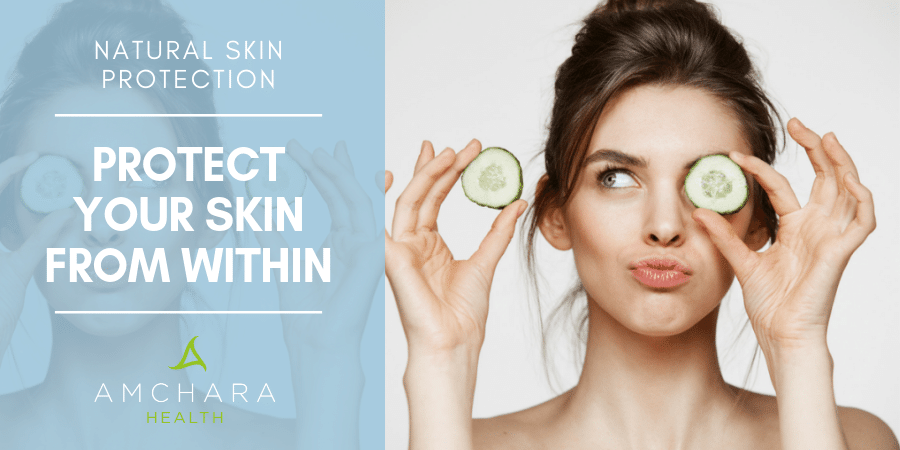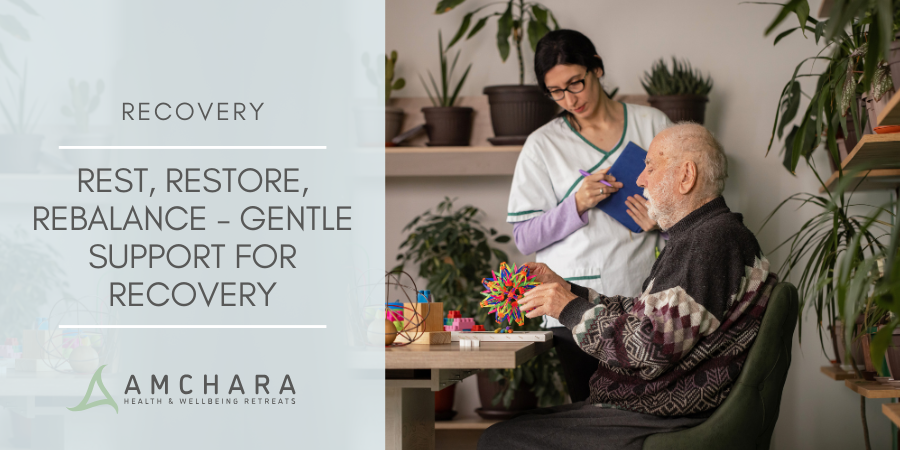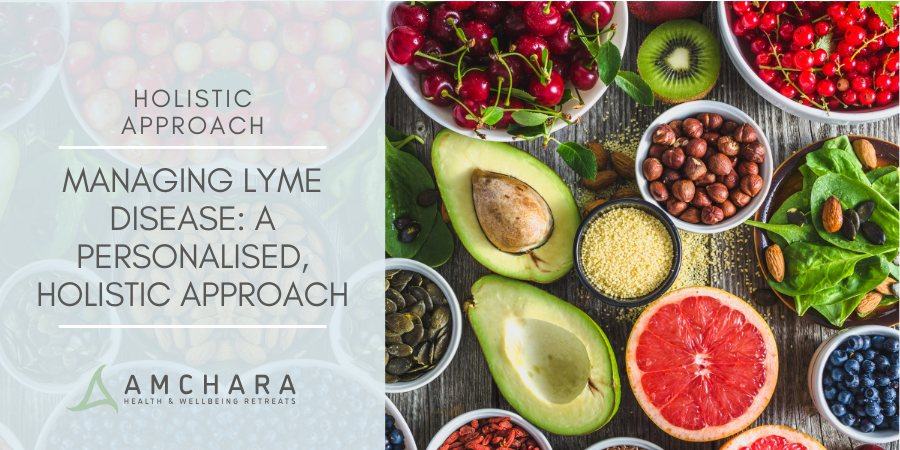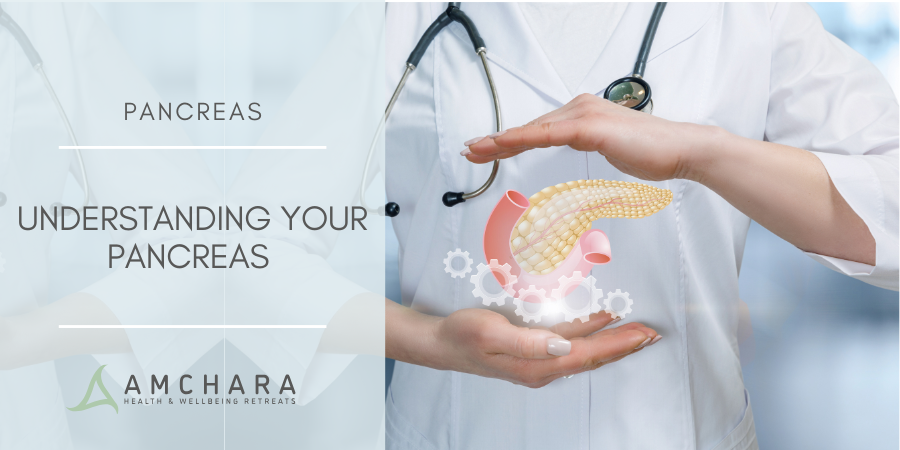Topics Covered in this article:
The skin is the largest organ in the body and has multiple functions.
It doesn’t just help us look healthy, it also plays a role in protecting us from bacteria, viruses and other harmful compounds, helps regulate body temperature and allows us to sense heat, cold and touch.
In addition, your skin plays a role in absorption and elimination – important when it comes to detoxification.
We always take an evidence-based approach and aim to provide you with actionable tips to help you on your journey to optimal health – in this article we take a look at what can play a role in skin health, factors that cause damage and how you can protect skin from within.
Damaging Factors
As the skin is an external organ it is exposed to various factors that can cause damage.
Over time, damage to skin can lead to the appearance of fine lines, wrinkles, blemishes and even cancerous growths.
Factors that pose a problem for skin include:
- UVA and UVB rays from exposure to the sun or tanning devices
- Chemical irritants from cleaning products, detergents, cosmetics and toiletries
- Free radicals – damaging molecules that arise after intense exercise, exposure to toxins, poor dietary choices, cigarette smoking, increased alcohol consumption, stress and poor sleep patterns.
Normally the body will combat free radicals with a vast array of antioxidants – these can be produced naturally by the body or come from food.
It is when free radical load becomes too much to handle that a situation called oxidative stress occurs.
This leads to inflammation and damage to many cells and tissues within the body, including the skin.
Protecting Your Skin From Within
Making certain nutritional and lifestyle changes can change free radical load in the body and protect your skin from the kind of damage that not only causes changes in appearance, like wrinkles, but also more concerning issues like growths.
Here are our top tips for natural skin protection:
1. Increase Fruit and Vegetable Intake
Aim to eat 8-10 portions of fresh fruit and vegetables a day, with an emphasis on vegetables.
Plants are a primary source of rich and powerful antioxidants and eating as wide a variety of colours as possible ensures a range of antioxidants are provided.
Keeping track of daily intake with a rainbow food chart can be useful.
Particularly useful foods include guavas, kiwi, papaya, broccoli and peppers as they are high in vitamin C which is needed to regenerate other antioxidants and enhance their actions.
Squash, pumpkins, apricots, carrots, sweet potatoes and dark green leafy vegetables all contain good amounts of beta carotene.
This antioxidant is known to aid in protecting the skin from sun damage. In fact, one study showed that taking beta carotene supplements significantly supported skin against harmful UV rays.
It was particularly potent after 10 weeks which indicates levels need to build up (1).
Dark berries and red grapes contain plant antioxidants called proanthocyanidins (cinnamon, hazelnuts and cacao are also good sources).
These have potent antioxidant properties and are 20 times more effective than vitamin C alone (2).
Tomatoes are one of the richest sources of lycopene, although guava, apricot, papaya and pink grapefruit also contribute to levels.
Lycopene is another photoprotective molecule, protecting the skin from sun damage (3).
2. Avoid Inflammatory Foods
Certain foods may contribute to inflammation.
Red meat, processed meat, dairy, certain grains, trans fats, fried or charred foods and heavily processed foods are best reduced or avoided.
Increased sugar consumption and over cooking foods leads to the formation of advanced glycation end products (AGEs) which are linked to inflammation and may sensitise the skin to UV damage and affect skin structure (4).
Avoid adding sugar to food and drink and be aware of hidden sugars in foods.
3. Eat Anti-inflammatory Foods
Combat inflammation driven by free radicals and oxidative stress through increasing foods that support anti-inflammatory pathways.
Increasing fruit and vegetable intake is the perfect way to start.
In addition, eating 2-3 portions of oily fish per week increases omega-3 fatty acids.
These are directly used in the body to make anti-inflammatory molecules.
Rich sources of omega-3 include tuna, trout, mackerel, herring, sardines, pilchards and salmon.
Interestingly, pink and red coloured crustaceans and fish such as wild salmon, trout and shrimp are also rich in an antioxidant called astaxanthin.
This has been shown to have stronger antioxidant properties than vitamin E, vitamin C and beta carotene and offer protection for skin (5).
One of the richest sources of natural astaxanthin is a microalga called haematococcus pluvialis and studies show that supplementing with astaxanthin may minimise the effects of sun exposure such as skin sagging or wrinkling (6).
4. Stay Hydrated
It sounds simple, but a good water intake is vital for good skin health.
Aim to drink at least 2 litres of water a day and reduce or avoid dehydrating drinks like coffee, tea and alcohol.
Water is needed to keep skin cells plump and hydrated, therefore reducing fine lines.
Water also aids in elimination of toxins that may cause damage to the skin.
5. Support Skin Structure
Keeping healthy skin cells comes from within and supporting the structure of healthy skin with targeted nutrients may help to support elasticity and ward off wrinkles.
Skin is made up of a collagen matrix – several nutrients are essential for healthy collagen.
As collagen is a protein, certain amino acids are essential. Proline (in egg whites, dairy, cabbage and soy) and glycine (in chicken breast, shrimp and other crustaceans) are both used to make collagen.
Vitamin C is used during collagen synthesis and as humans lack the ability to make their own vitamin C, a good dietary intake is vital. Another good reason why to keep up the fruit and vegetable intake.
Proanthocyanidins in berries not only offer antioxidant protection but inhibit enzymes that break down collagen and elastin.
Extra support from proanthocyanidins may prevent against skin sagging (7).
6. Reduce Stress
Easier said than done sometimes but monitoring stress levels and taking action to manage or reduce the effects of stress can aid in reducing inflammatory molecules and free radicals.
Find what works for you, prioritise your workload, share tasks, take time out for self-care, learn to say no and enlist in mindfulness, meditation or yoga classes.
Even just a gentle walk on the seafront or amongst trees can significantly lower stress levels.
7. Sleep Well
Sleep issues affect almost 40% of the UK population and getting a good night’s sleep may be a priority for preventing advanced skin ageing.
Aim for quality sleep rather than quantity.
Avoiding blue light emitting devices such as phones, tablets, PCs, e-book readers and TVs a couple of hours before bed can enhance production of the sleep hormone melatonin.
8. Reduce Toxins
Toxins are all around us and are present in air, drinking water, food, cosmetics, toiletries and packaging.
Avoiding them entirely can be hard but exposure to chemicals that may contribute to toxic load and free radical production may be minimised through taking a few simple steps:
- Swap plastic for glass or BPA free plastic containers
- Drink natural spring water or filtered water
- Buy organic food
- Choose fresh versus canned foods
- Avoid processed and packaged food
- Swap chemical laden cleaning products for more natural ones
- Choose gentle chemical free cosmetics and toiletries
9. Protect Skin
Protecting skin from excess exposure to sunlight is a key step to take.
Don’t forget that skin exposure to sunlight for around 20 minutes a day is required to produce healthy levels of vitamin D.
Beyond this it is wise to:
- Stay in the shade and avoid full sun at peak times (between 10am and 4pm)
- Wear protective clothing – wide brimmed hat, clothes with SPF, long sleeves/trousers/skirts
- Use a natural sun cream and reapply regularly
- Moisturise with aloe vera gel or coconut oil
Ageing skin doesn’t have to be inevitable. A variety of natural solutions to protect your skin from within will help ensure you retain a healthy glow.
We’re dedicated to providing you with both insightful information and evidence-based content, all orientated towards the Personalised Health approach.
Did you find this article useful?
We would love to know your thoughts.
With your comments we’d love to continue the conversation.
Feel free to leave your comments below.
READ THIS NEXT:




